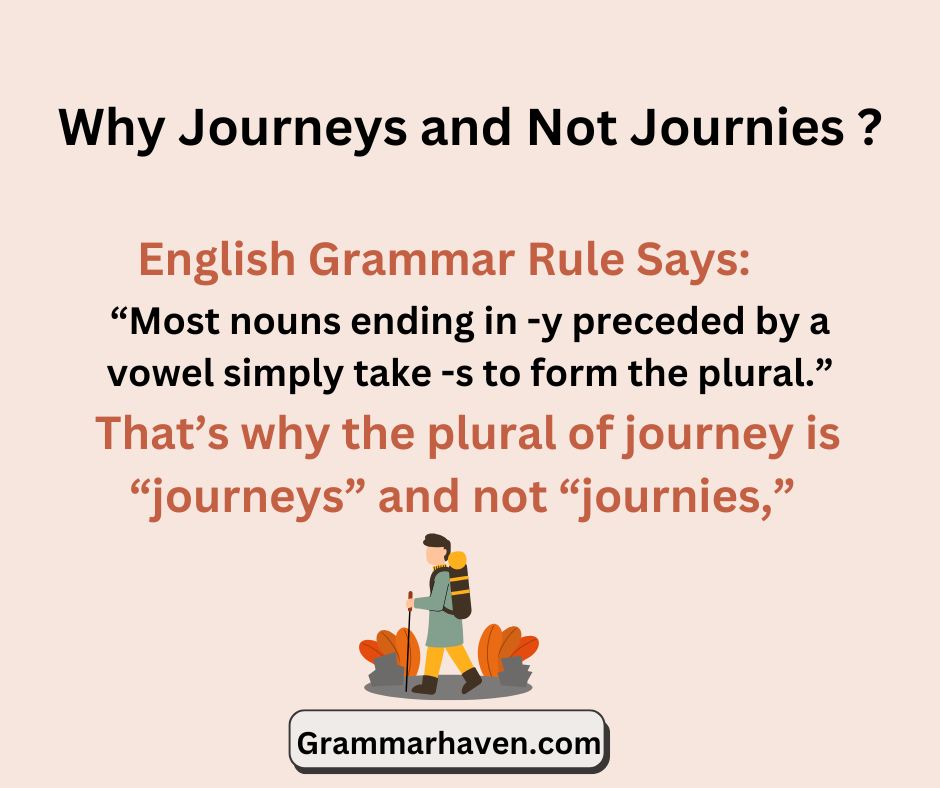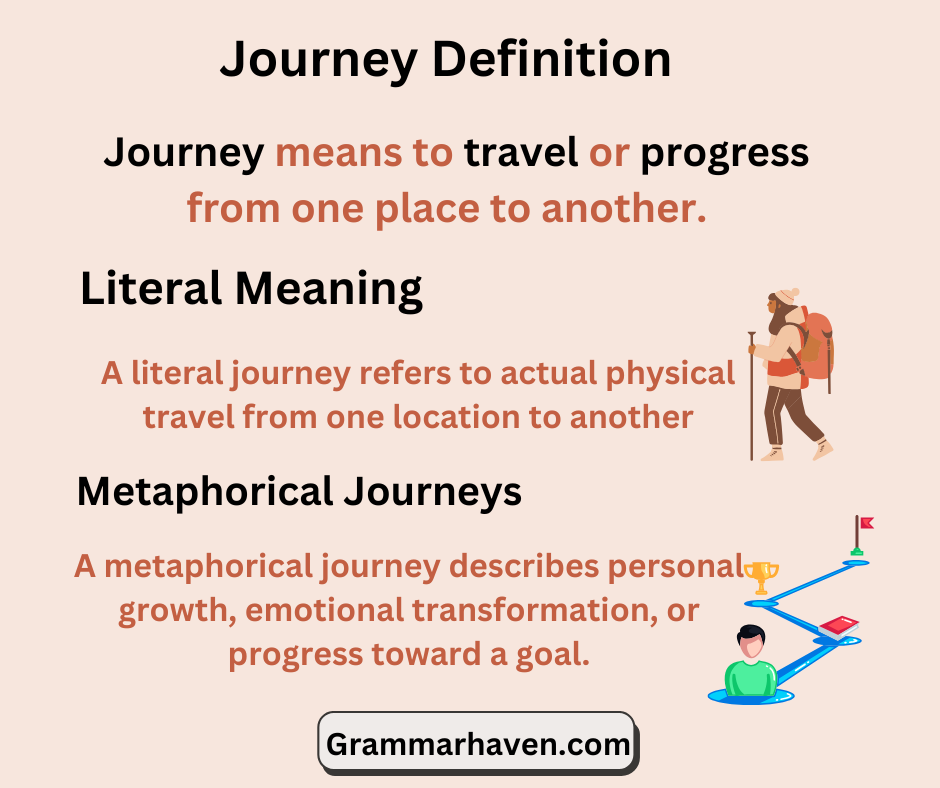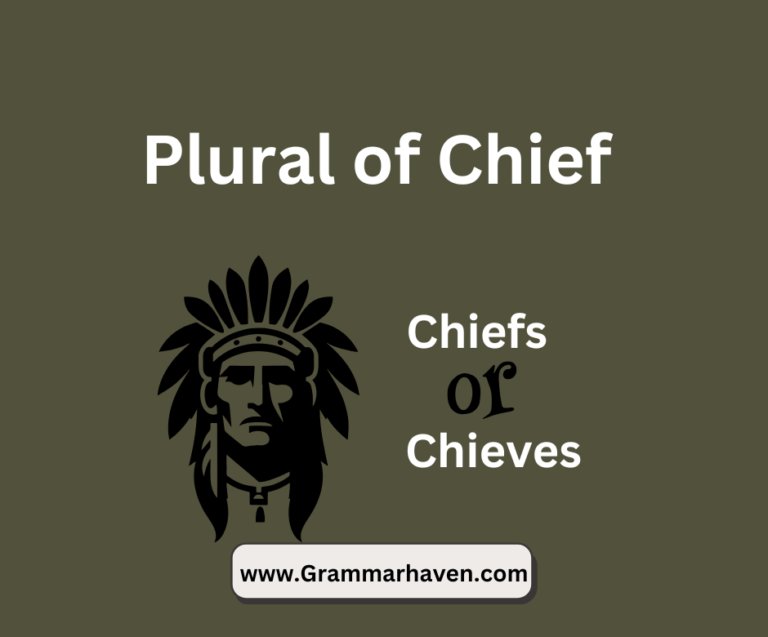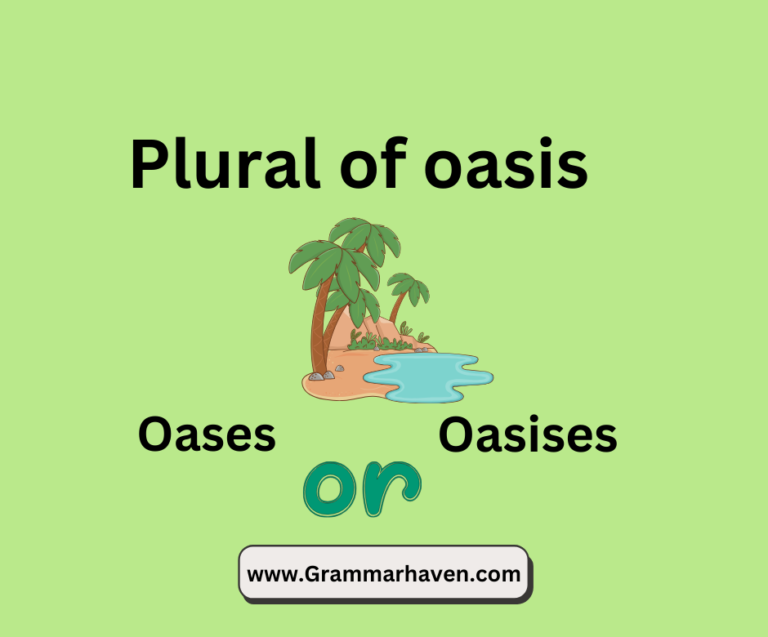Plural of Journey: Journeys or Journies which one is correct ?
Forming plural nouns correctly is a big task ,as many people second guess the plural of journey ,wondering whether it’s journeys or journies ? Journeys is the correct plural spelling of the term “Journey,” In this guide , we will uncover the logic behind this seemingly simple question with the help of useful examples and provide you with a comprehensive guide to help you navigate the rules of pluralization.

Journeys or Journies Meaning :
Journeys is the correct plural spelling of the term “Journey,” and journey means to travel or progress from one place to another. During its early use, the word meant a day’s travels. However, the term now means travel, a trip of any length.
The term Journey is often used in both literal and figurative contexts, let’s understand it with examples :
Literal: We went on exciting journeys to the mountains last summer.
Figurative: Her journey to success was filled with challenges and hard work.
Plural of Journey Why journeys and not journies?
Answer to the question that why the plural of journey is “journeys” and not “journies,” lies in the English Grammar rule that this term follows and the rule is :“Most nouns ending in -y preceded by a vowel simply take -s to form the plural.”
Example :
Singular: She is starting a journey to discover her true passion.
Plural: Their journeys through different cultures shaped their perspectives.

Why “Journies” is Incorrect
The reason behind the mistake of writing “journies” instead of “journeys” arises from a misunderstanding of English spelling rules, especially those related to words ending in “-y.” To clarify, let’s break down two key rules:
1. Vowel Before “Y” Rule
If a word ends in “-y” preceded by a vowel (a, e, i, o, u), simply add “-s” to form the plural.
- Example: Journey → Journeys
- Other examples: Day → Days, Key → Keys
2. Consonant Before “Y” Rule
If a word ends in “-y” preceded by a consonant, change “y” to “i” before adding “-es.”
- Example: City → Cities
- Other examples: Baby → Babies, Story → Stories
Since “journey” has a vowel (“e”) before “y,” it follows the first rule, making “journeys” the correct plural form—not “journies.”
“Just like the word ‘journey’ follows standard pluralization rules, spelling differences also exist in English. For example, in American English, the word is spelled ‘canceled,’ while British English prefers ‘cancelled.’ Similarly, the plural of ‘journey’ is ‘journeys,’ regardless of regional spelling differences.”

Is it monkies or monkeys?
This rule is also followed by another word “Monkey” ,the plural of it is “monkeys” and not “monkies.” Some nouns such as fly that end in -y form their plural with -ies, but it is not always the case.
Is it career journeys or journies?
The correct phrase is “career journeys,” not “career journies.” As we can see that “journey” ends in “-y” preceded by a vowel (“e”), we simply add “-s” to make it plural according to standard English rules, thus it is “career journeys.”
Example:
- Their career journeys took them to different industries before they found their true passion.
Journey: Past, Present, and Participle Forms
Base Form V1: Journey , used in present simple and future sentences .
Past FormV2 : journeyed ,used in the past simple sentences .
Past Participle Form V3 : journeyed ,used in present perfect and past perfect tenses.
Journey Regular or Irregular Verb ?
The word “journey” is a regular verb when used in verb form ,because regular verbs form their past tense and past participle by adding “-ed” to the base form.
Conjugation of “Journey” as a Verb:
- Present: Journey
- Past: Journeyed
- Past Participle: Journeyed
- Present Participle (Continuous Form): Journeying
Examples:
- Present: My family journey to new places every summer.
- Past: They journeyed across the country last year.
- Past Participle: He has journeyed through many hardships.
- Continuous: She is journeying to self-discovery.
Since “journey” follows the regular pattern (adding -ed in the past tense), it is a regular verb!
Words That Follow the Same Rule as “Journeys”
- Key → Keys
- Toy → Toys
- Boy → Boys
- Day → Days
- Monkey → Monkeys
- Donkey → Donkeys
- Valley → Valleys
- Turkey → Turkeys
- Essay → Essays
- Relay → Relays
“Just as ‘journey’ becomes ‘journeys’ in its plural form, ‘family’ follows a similar pattern. The plural of ‘family’ is ‘families,’ not ‘familys.’ However, ‘family’s’ with an apostrophe indicates possession, such as ‘the family’s vacation was wonderful.’ Understanding these distinctions helps avoid common grammar mistakes.”
Synonyms for “Journey”
- Trip – A short or long travel from one place to another.
- Voyage – A long journey, especially by sea or space.
- Tour – A journey where multiple places are visited, often for sightseeing.
- Trek – A long, difficult journey, often on foot.
- Expedition – A journey undertaken for a specific purpose, like exploration.
- Cruise – A journey by ship for pleasure.
- Path – A direction or course one follows in life.
- Quest – A long search for something meaningful.
- Adventure – An exciting and sometimes risky journey.
- Pilgrimage – A journey with spiritual or religious significance.
- Odyssey – A long, eventful journey, often filled with challenges.
- Passage – A movement or transition from one stage to another.
- Experience – A process of learning and growing through life’s journey.
Use Of The Term “Journey” in Context
1. As a Noun (Physical Travel)
- They began their journey to the mountains early in the morning.
- Our journey across the ocean took three weeks.
2. As a Noun (Figurative/Life Experience)
- His journey to success was filled with challenges and learning.
- Her journey of self-discovery helped her find her true purpose.
3. As a Verb (Physical Travel)
- We journeyed through the dense forest for days.
- They journeyed across Europe to explore different cultures.
4. As a Verb (Figurative/Life Experience)
- My brother has journeyed through many struggles to achieve his dreams.
- He is journeying toward a better understanding of himself.
Etymology of “Journey”
The word “journey” comes from Old French and Latin, evolving over time to its current meaning. Here’s a breakdown:
- Latin Origin:
Derived from the Latin word “diurnum”, meaning “day” (from diurnus, meaning “daily”).
- Old French Influence:
In Old French, it became “jornee” (spelled journée in Modern French), which originally meant “a day’s work” or “a day’s travel.”
- Middle English Adaptation:
By the 13th century, the word entered Middle English as “journee,” meaning “a day’s travel” or “a trip.”
Laterly its meaning expanded to include any trip or travel, regardless of duration.
Conclusion
I hope this guide made it clear that the plural of journey is “journeys” and not “journies,” by following English grammar rule that says ,“Most nouns ending in -y preceded by a vowel simply take -s to form the plural.”Understanding plural forms in English is essential for proper grammar and clear communication. Most commonly mistakes arise from misunderstandings of spelling rules, irregular plurals, and uncountable nouns.
To avoid these mistakes :
Remember vowel and consonant rules (e.g., journey → journeys, city → cities).
Learn irregular plurals (e.g., child → children, foot → feet).
Use “-es” for words ending in -s, -sh, -ch, -x, and -z (e.g., bus → buses).
Avoid pluralizing uncountable nouns (e.g., advice, furniture).
Sources : Engverbs , Merriam-Webster (Journey Definition & Meaning) ,Etymonline (Etymology of journey by etymonline).



